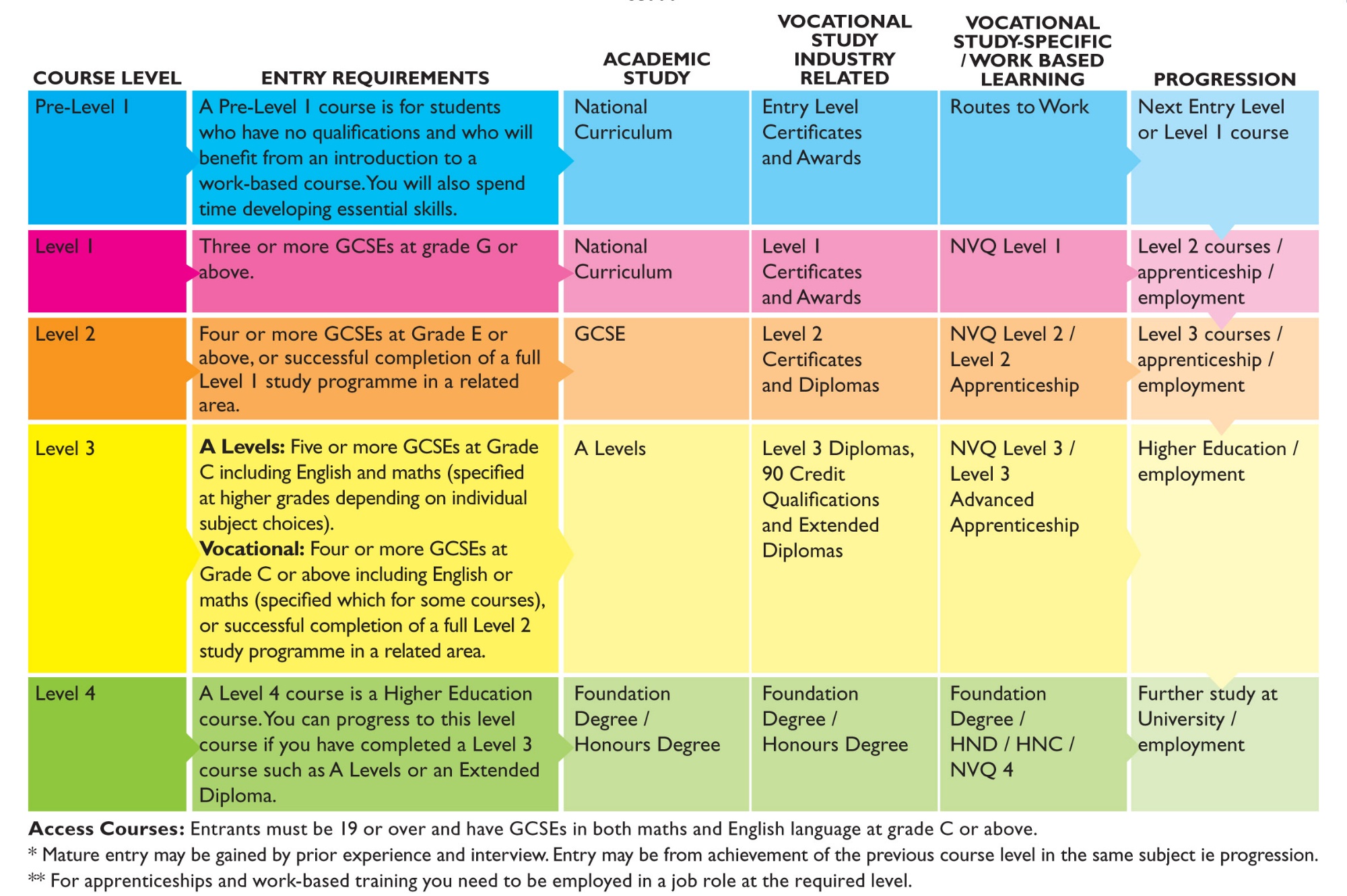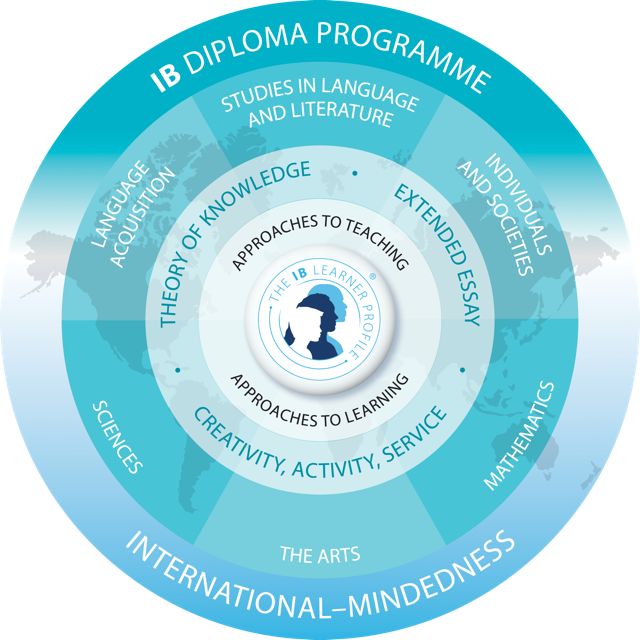Careers Education
Careers at Ashcroft Technology Academy
It is important to the Academy that students are equipped with the skills, the knowledge and the confidence they require to make the right career choices. All students will be prepared for their transition into adult life. At ATA we link learning to the world of work and we enable our students to succeed by fostering in them a sense of ambition and confidence.
Post 16 Options
- A Levels - Level 3 qualifications which use exam based assessments. Students choose 3 or 4 subjects to study at this level.
- International Baccalaureate - Level 3 internationally recognised qualification with core modules and elective modules.
- BTEC - Level 1, 2 or 3 qualifications which are assessed through a portfolio of work and terminal exam. Are BTEC’s right for you? Click here to find out more.
- Apprenticeship - Intermediate (Level 2); Advanced (Level 3); or Higher (Level 4 and above). Usually, paid employment for four or five days per week and study towards a qualification through flexible or online learning. A good start for research is: notgoingtouni.co.uk
- Traineeship - A scheme which helps young people gain work skills before they move onto an apprenticeship or a job.
- Work with training – Working for an employer, and the employer must allow you time to be able to study an accredited course (this can be flexible e.g. evenings, weekends, distance learning) for a minimum of 280 hours per calendar year.
- T Levels - Equivalent in size to 2 A levels, and focuses on vocational skills that can help students into skilled employment, higher study or apprenticeships. Incudes an industry placement of 45+ days. 80% classwork and 20% work. T Levels | The Next Level Qualification
Searching & Applying for courses
To help you search for local colleges, you can use:
National Careers Service Course Directory
UCAS Progress which has simple search tools for the region you want to search. You can set up an account, and use your account to apply to several 6th forms at a time.
For a specialist Further Education College, Natspec has a directory of courses for students with learning difficulties or disabilities.
Information for Parents and Carers: Supporting your child through the process
To help you support your child in their search for local colleges, 6th forms, apprenticeships, or work with training: -
UCAS Progress have developed a page for parents supporting their child through the process of applying for their post-16 education or employment.
The Careers Writers Association have developed a website where they bring together lots of information to help parents understand more about the processes and choices their child must make.
Which level of course should I apply for?

This chart gives a general outline of various qualification levels, general entry requirements needed for each level and the progression opportunities available after each level is successfully completed. If you plan to apply for a course, you will need to check that you fulfil that particular establishment's entry requirements. Click on the thumbnail image on the left to see the full-size chart.
What is the International Baccalaureate?
The International Baccalaureate (IB) Diploma Programme is an internationally recognised qualification for students aged 16 to 19. It is based on a study of a range of subjects and leads to a single qualification, rather than separate qualifications. The IB Diploma is a leader in international education and is recognised by universities in 140 countries.
The IB Diploma is a 2-year course, at Level 3 (comparable with A Level) and is designed to encourage you to: learn how to learn; ask challenging questions; develop a strong sense of your own identity and culture; and develop the ability to communicate with and understand people from other countries and cultures.
The IB Diploma Programme is made up of a compulsory 'core', plus six optional subjects:

Compulsory core elements: theory of knowledge, extended essay, CAS (creativity, action, service)
Optional subjects: first language, second language, experimental sciences, mathematics and computer science, the arts, individuals and society



